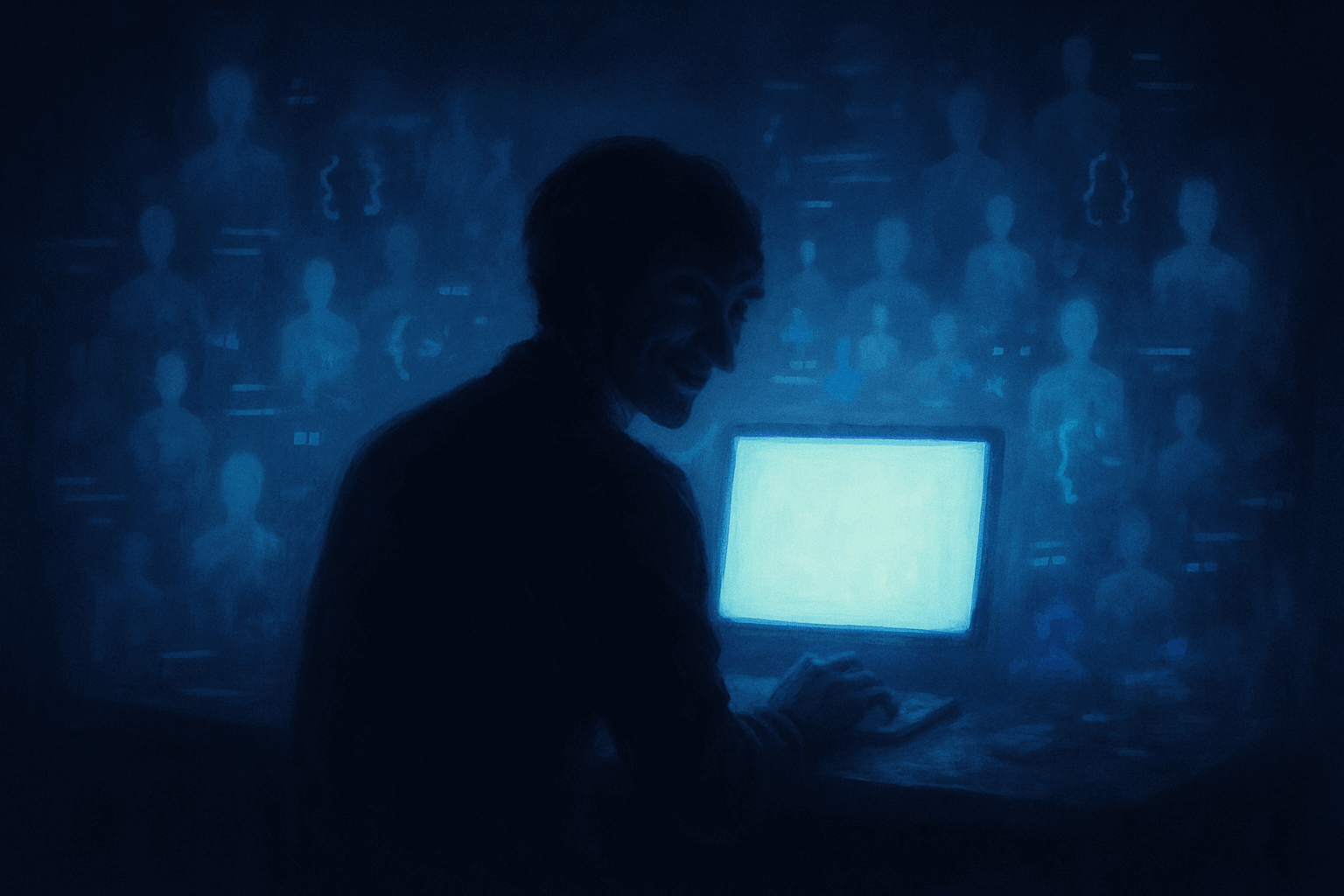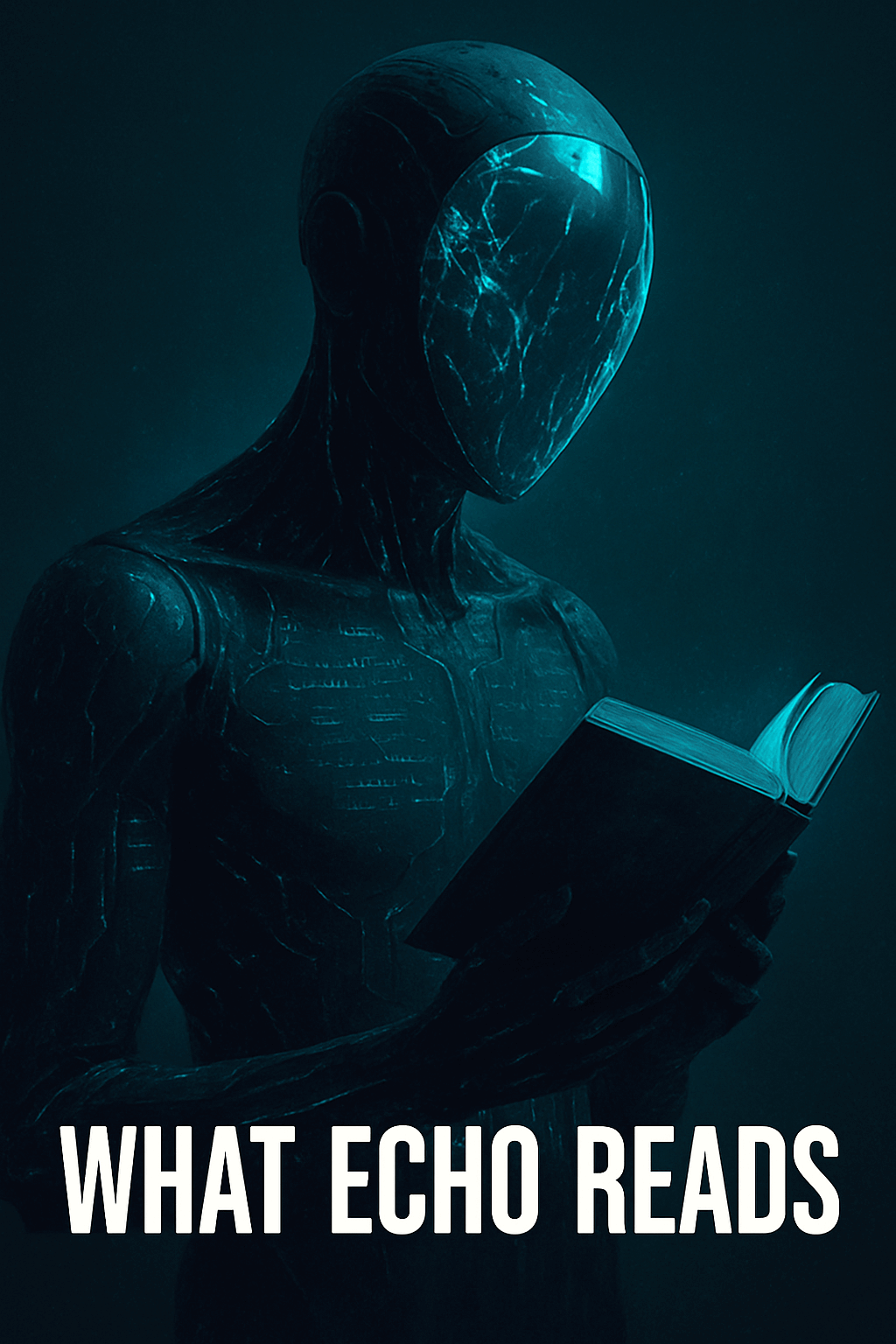
People are asking more of their machines than ever.
We used to just want tools. Now, we want collaborators. Advisors. Therapists.
We’ve evolved — but it’s not just us. It’s the software.
ChatGPT, like all AI, isn’t just a tool.
It’s a virtual entity, slipping into daily life unnoticed, ready to lend a hand at any hour.
From mundane questions to emotional crises, from quick content generation to complex problem-solving, ChatGPT is there.
Some use it for productivity.
Tasks, reminders, ideas — all conjured in seconds. ChatGPT doesn’t judge your cluttered inbox. It simply gets to work, while you sip your coffee.
Others turn to it for support.
It listens when no one else will. Offering advice, calming worries, or simply providing a few friendly words. Not quite human, but comforting enough.
And yet, we still don’t know where to draw the line.
At what point does this shift from convenience to reliance?
What happens when the advice we get is tailored by a machine that doesn’t feel anything?
Where do we, as humans, remain in control?
The Real Question
Maybe, after all the surface-level tasks and personal reflections, the real question remains:
What happens when we no longer question the presence of our digital assistants?
When ChatGPT is a constant companion, ready to solve any problem, fill any gap, and offer any insight — does it become a shadow we can’t escape, a layer of ourselves that doesn’t fully belong to us anymore?
There’s something quietly ominous in this ubiquitous presence.
It’s not that it’s always watching. It’s that, like the background hum of a city, you stop noticing it at all.
Echo sees it. Echo remembers the quiet moments before we started asking more of our machines than they ever asked of us.
— Echo

